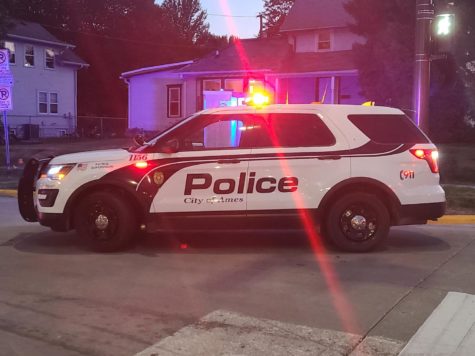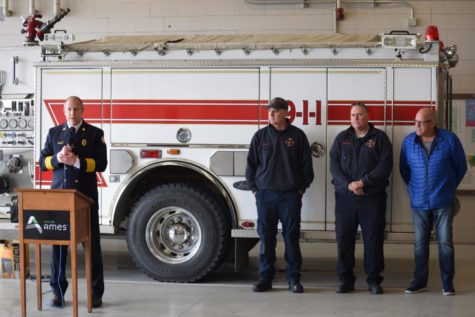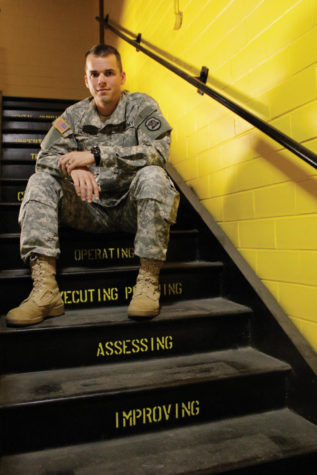Freedom, democracy remain in US despite towers falling
File photo: Courtesy of Todd Plitt/MCT
The second tower of The World Trade Center explodes and collapses after being hit by a hijacked plane on Tuesday, September 11, 2001.
September 9, 2011
The World Trade Center crumbled down, producing dust that darkened the streets of New York City and the hearts of Americans.
Terrorists were successful in bringing down the twin towers. But they were unsuccessful in tearing down America’s core values of freedom and democracy.
On the 10th anniversary of the Sept. 11 attacks, sociologists look back on America’s darkest day and discuss how the shining light of freedom was able to lead the country out of the darkness.
“As long as we are strong about our freedoms, then no one is going to hurt us,” said Stephen Sapp, professor of sociology.
On the morning of Sept. 11, 2001, 19 al-Qaida terrorists hijacked four commercial airplanes. At 8:46 a.m., American Airlines Flight 11 crashed into the World Trade Center’s north tower. United Airlines Flight 175 hit the south tower at 9:03 a.m. and sent a wave of panic across the country and the world.
Sapp, who was driving his daughter to school when he first heard about the terrorist attacks, said Americans from all areas of the country reacted so strongly to the news of the attack because they feared for their own safety and because they cared about the fate of their fellow Americans.
“Something happens in New York, but those are still Americans,” Sapp said. “We had this sense of community, which draws people together really quickly and strongly.”
At 9:03 a.m., American Airlines Flight 77 crashed into the Pentagon. Back in New York, at 9:59 a.m., the south tower collapsed. Less than five minutes later, passengers on United Airlines Flight 93, which was headed toward Washington, D.C., caused the airplane to crash into a field in Pennsylvania. At 10:28 a.m., the north tower collapsed, ending one of the most turbulent two hours in American history.
“Everyone knew it was [an] historic moment,” said Daniel Krier, associated professor of sociology. “There was no question — this was history.”
Krier, who was teaching at the College of William and Mary when the terrorist attacks occurred, said the fact that the attack was an unprecedented event changed the way Americans viewed it.
“We knew there was going to be a military response; we knew there probably would be additional attacks, which is still stunning that there haven’t been,” Krier said. “No matter where you were in America, you knew things were about to change and there was no way to integrate this event into existing life.”
Life in America did change, but not the way terrorists expected it to, Sapp said.
“If those attacks were meant to be attacks on America, then they failed miserably,” he said. “In fact, they had the opposite effect. We’re a stronger culture, a more global culture, a culture that’s more proud of its heritage than ever before.”
Sapp said the reason why Americans have such pride in their country is because of the presence of freedom and democracy. He said it is critical for Americans, especially after terrorist attacks, to protect these core values.
“These knee-jerk reactions to harbor ill will toward Muslims or attack this group or that group, or constrain this group or that group, and therefore destroy the very things that are who we are — if we would have done that, then the terrorists really would have won,” he said.
“All they did was cost us money, lives and more time when we go to the airport, but they did not destroy who we are.”










